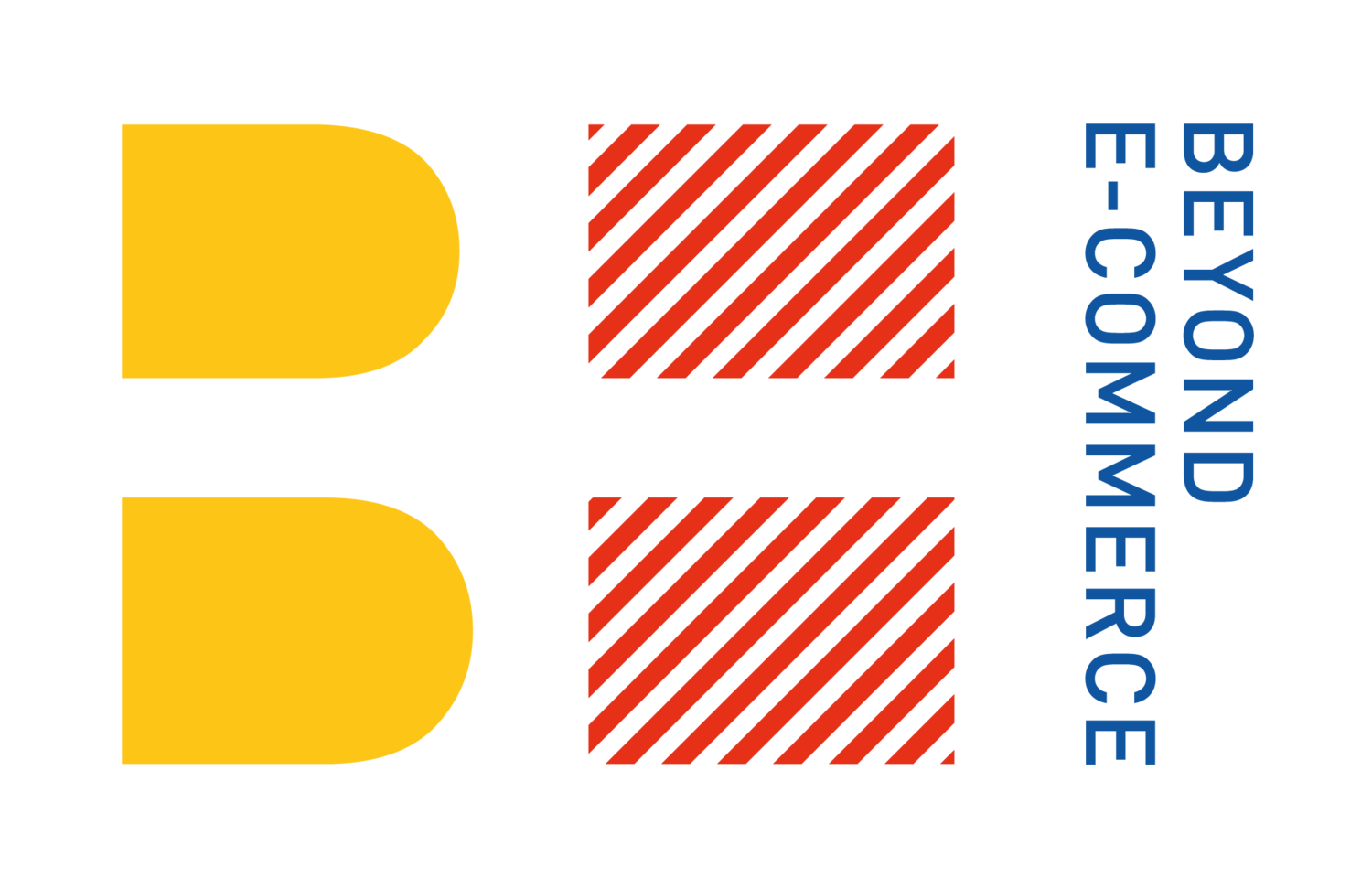Beyond e-commerce: We take people with us - and digitally transform SMEs
At a time when e-commerce is becoming a corporate strategy, medium-sized companies are facing enormous challenges.
The digital transformation is no longer just an optional upgrade, but a fundamental change that affects all levels of the company.
As a CEO, you need a holistic approach.
Digital transformation in the context of skills shortages and pressure to change business models
In times of skills shortages, it is crucial to work with existing teams and actively involve them in the transformation process.
Employees must not be ignored when major changes are made.
Instead, they need to be empowered, developed and taken on a journey of transformation. This is exactly where we come in.
The concept of emotional business transformation
Our approach is based on three levels:
Process transformation (basic level)
Improvements within existing business processes. Many companies are prepared to go along with this level of change.Business model transformation
Fundamental changes to the business model. Many companies and employees are reluctant to do this for fear of making themselves redundant. Change can trigger fears, and nobody wants to jeopardize their own position.Emotional transformation (top level)
The most profound level. Trust is the key. Employees are willing to get fully involved if they know that the company supports them and offers them security. It's about shaping the transformation with the employees, not against them.
Avoid stumbling blocks - with Beyond E-Commerce to success
We know the typical stumbling blocks in e-commerce projects and how to avoid them.
Through our experience from numerous enterprise-class projects, we have recognized the patterns behind successful D2C brands and retailers.
We use this knowledge to put companies on the fast track to digital leadership.
We make complexity simple. And your path clear.
We help you to understand complex challenges and translate them into clear, actionable steps.
In our experience, practically all D2C and e-commerce topics are at least complicated and very often complex.
Based on the Cynefin framework, we differentiate between challenges:
Complicated problems: These require expert knowledge and detailed analysis. They are difficult, but solvable. Examples include the integration of e-commerce ERP systems or the optimization of B2C fulfilment processes.
Complex problems: Here, the relationships are dynamic and unpredictable. There are no clear cause-and-effect relationships. Direct-to-consumer for brands that previously sold exclusively via wholesalers or the cultural transformation within the company fall into this category.
Chaotic problems: uncertainty prevails here and it is unclear which measures will lead to a solution. This phase requires quick and experimental action in order to create order before the next steps can be planned. Gen AI is currently in a chaotic phase because it is unclear which applications will prevail in the long term. There are no established best practices and the technology is developing rapidly. Only when a certain stability and structure has been established will it be possible to apply complex or complicated strategies.
We help you to identify these problems and develop suitable strategies.
Why companies trust us
Our clients invest in us because we help them to achieve their goals and successfully implement projects.
We recognize that fear is a major obstacle to change. By communicating openly and involving everyone involved, we reduce resistance and promote a positive attitude towards transformation.
If something doesn't go as planned, we'll stand by your side and find solutions together.
Our experience: 25 projects in 15 years
25 projects - 100% e-commerce - business models 25 million to 500 million euros direct-to-consumer sales
Wolfram Latschar and Nina Weinreich have dedicated themselves to this task for over 15 years - in more than 25 digital projects to date and often over a period of several years with one client.
Whether start-up or global corporation, under the Beyond E-Commerce umbrella, we empower our clients to be digitally business ready.

